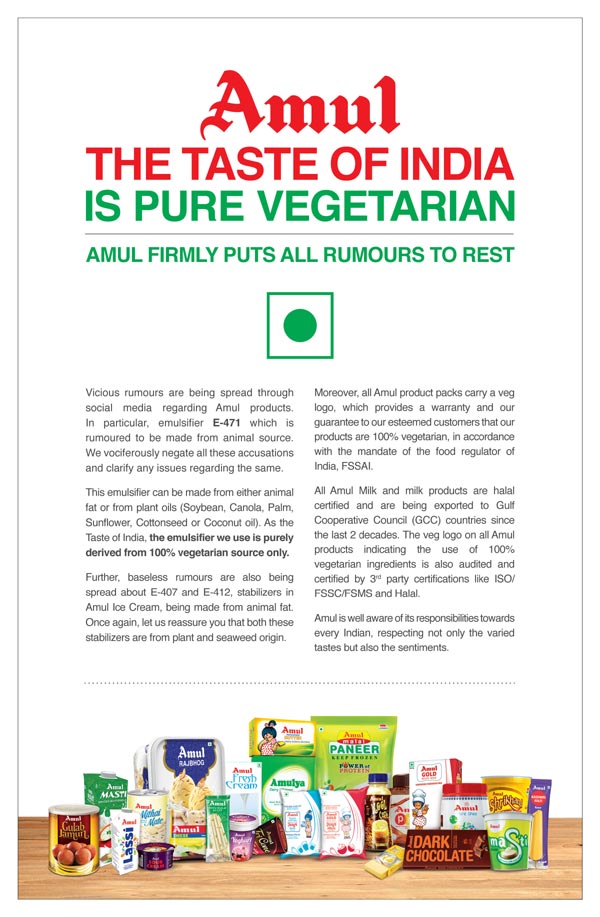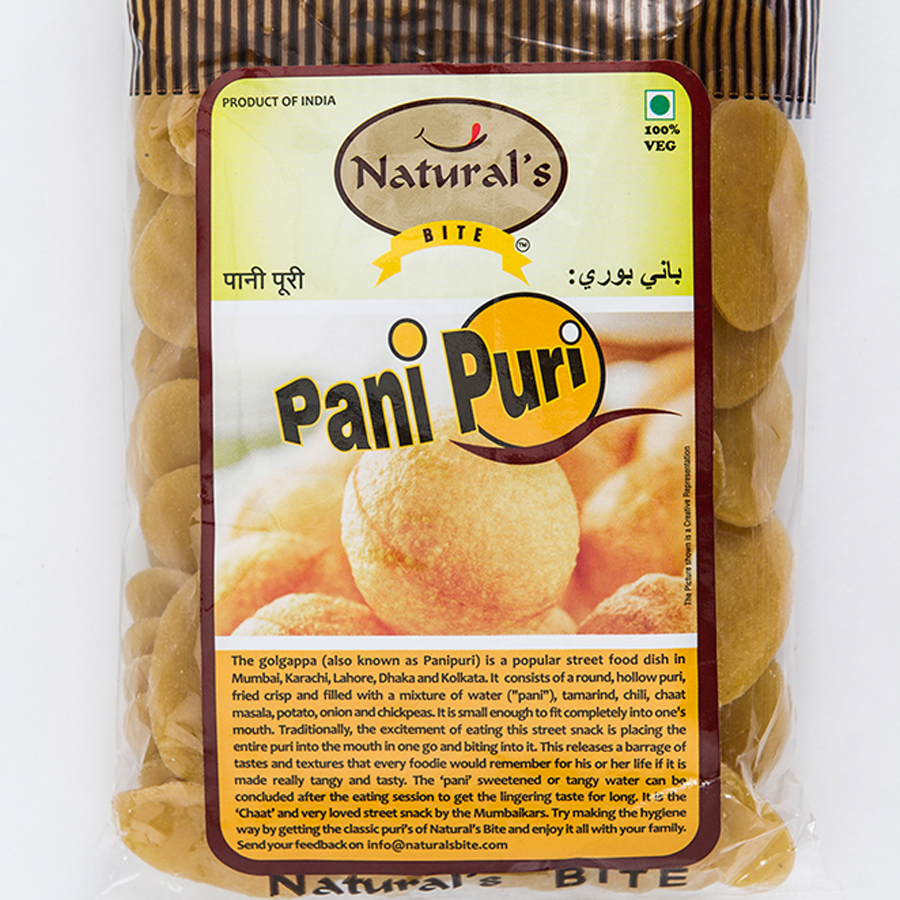We have heard about “Halaal Meat” for quite a long time and have thought it is the process of how the animals are Butchered. But, that is a very limited knowledge about the aspects of Halaal. If we now see the various Vegetarian Products that are being marketed in India and elsewhere, we would find that the food now has “Halaal Certification”. So Why is that? Just have a look at these few Pictures collated from the Web –



Sounds interesting huh!! Now lets try to understand what & how Halaal has been covered in Islam – Per the detailed review of various Islamic Scripts, Halaal is an Arabic word that is synonym of “Lawful” or Permitted” and is well defined in Qur’an too. Incidentally it doesn’t just cover the non-vegetarian food, but extends to Vegetarian food, Cosmetics, Personal care Products, Pharmaceuticals and Food Contact Materials..
By Definition – Every food is considered halal in Islam unless it is specially prohibited by the Qur’an or the Hadith . By official definition, halal foods are those that are:
- Free from any component that Muslims are prohibited from consuming according to Islamic law.
- Processed, made, produced, manufactured and/or stored using utensils, equipment and/or machinery that have been cleansed according to Islamic law.
So, What is Islamic Law? Simple and straight forward answer is “Sharia”. As per Sharia the Islamic Law the Apex Muslim bodies across the geographies certify and train Islamic slaughter-men for the meat and poultry industry. The Halal Service Manager travels throughout scope of their certification to various abattoirs/farms, meat and non-meat food companies, drugs, cosmetic establishments to perform Islamic supervision, audit/inspection, and halal preparation. Halal products are derived from animals and/or poultry that have been prepared according to Islamic law under the following statement, “In the name of God – God is the Greatest/Bismillahi Allahu Akbar”. Halal products and production are properly separated and clearly identified from non-halal products.
Now, what we need to look at is the aspect of Halaal requires products and production of Halaal certified stuff is separated and clearly identified. This is required for obtaining the certification as well as ensure the Sharia Law is Enforced for that processing facility. Incidentally, the non-Islamic workers wouldn’t know the aspect of Sharia and hence the requirement implicitly states that only the followers of Islam can work in that facility where Halaal certified produce is being prepared.
Based on the aspects in the above paragraphs, one can just wonder that the internationally acclaimed ISO standard or the Government Agencies like FDA in USA and FSSAI in India are useless to obtain certification from . Though we know that the charges levied by the Government bodies are used for a purpose and that they are auditable for public discourse. However, I have not had a single evidence that any of the Islamic Apex body is audited for their Certification process or the overall income & Expenditure that they have. Why so? Why should we be made to pay for something that is being enforced on us for no reason?
it is imperative that by enforcing Halaal Certification for the products and marketing them or serving them, various organizations are following the Appeasement technique. They are trying to show that they are Secular, but hell no!! As soon as they start using, selling or distributing Halaal products to even Non-Muslims they are enforcing Sharia Why should non-Muslims be made to follow Sharia and for what? Do we go out and force Muslims to shed Sharia and step up to the concurrent laws? Though that should be the reality.
Concluding with a small remark – I have seen Kosher Products too, but these Kosher products are always kept in a separate section of the grocery store. They are not mixed with the non-kosher products. So there is always a choice with the buyer to either buy them or not. they are not forced upon the buyer. Same MUST be applicable in case of Halaal. If Halaal products are to be sold/distributed/offered, then there needs to be a choice for the consumer to either go for it or not go for it.